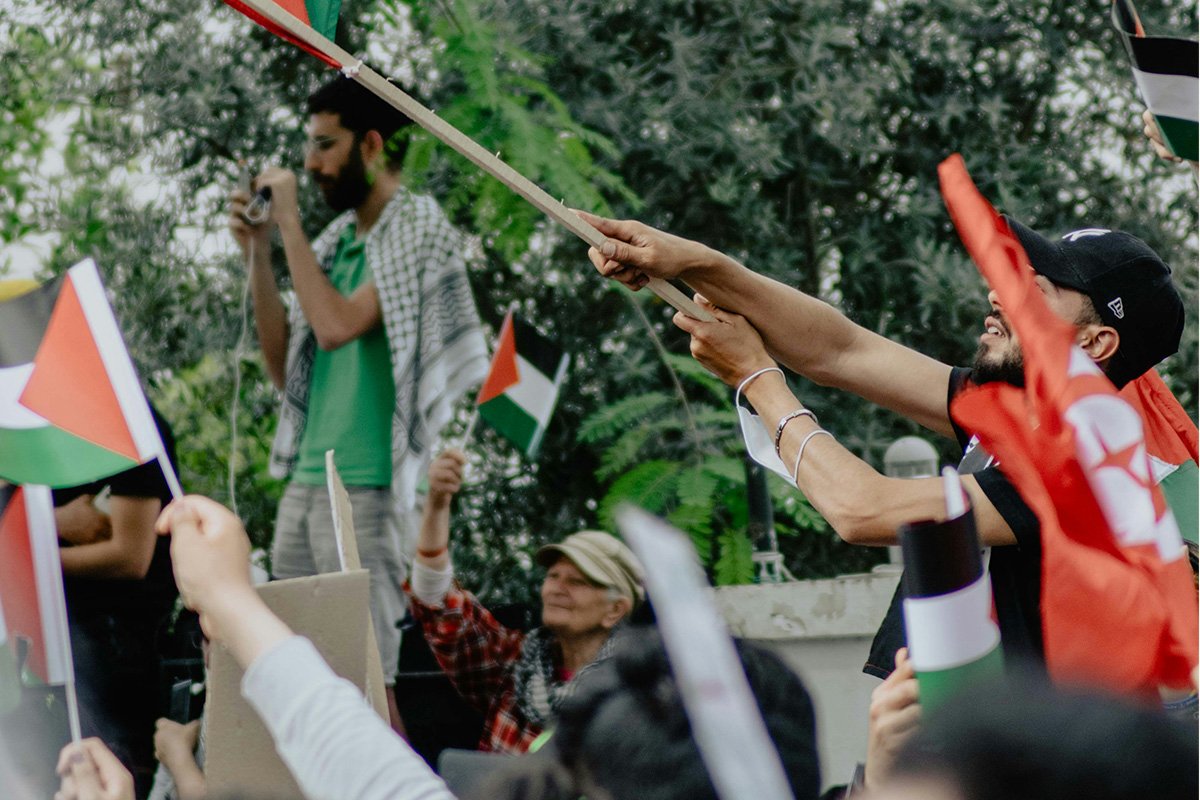April 15, 2015;LiveMint
The Indian government’s war of wills with the environmental NGO Greenpeace India has taken a new turn. Unverified sources quoted by Mint are suggesting that the Central Government has blocked both the NGO’s domestic accounts and its foreign accounts.
Samit Aich, executive director of Greenpeace India, says the government aims to “shut us down completely. In effect, the government is dismissing the concerns of the hundreds of thousands of Indians that support our campaigns and the 70,000 plus Indians who support us financially.”
Mint quotes an unnamed Home Ministry official, countering that the Ministry does not have the right to stop domestic contributions to any NGO, and that it is not interested in doing so. The official, however, apparently admitted that the ministry ordered that seven accounts be blocked—two for receiving funds, and five others where Greenpeace India “illegally parked” the funds—and so some domestic contributions may also have been blocked accidentally.
On April 10th, the Ministry posted a notice on its website to say Greenpeace’s seven bank accounts had been frozen with immediate effect. The ministry also issued a show-cause notice, asking the NGO to explain why its registration under the Foreign Contribution Regulation Act (FCRA) of 2010 should not be cancelled.
The Ministry said it is satisfied that acceptance of foreign contributions by Greenpeace had “prejudicially affected the public interest” and has “prejudicially affected the economic interest of the State,” thereby violating the conditions attached to its registration certificate. Such a notice requires the organization that receives it to explain its position, typically within a month.
The war of wills between the Indian government and Greenpeace began soon after Prime Minister Modi’s right of center administration took power. Greenpeace was one of several NGOs put on notice that they would be under scrutiny. The government’s concern sprang from an intelligence bureau report that suggested some foreign funded NGOs activism against development projects was hurting the economy.
This latest move isn’t the first attempt to block Greenpeace’s funding. In January, the Delhi High Court directed the government to unblock some foreign contributions received by Greenpeace from its Amsterdam headquarters, saying that no material reasons for restrictions on access to the foreign funding had been shown the court.
In the same month as that small victory, government officials offloaded one of Greenpeace’s senior executives, Priya Pillai, from a London-bound flight. She had been invited to address a British parliamentary committee. The High Court also declared this action illegal and ordered that the ban on her travelling be rescinded. Pillai was going to London to discuss perceived human rights violations by a London-registered, Indian company that was planning coalmining activities that would have displaced a number of village communities and destroyed forests in a poor region of India.
Sign up for our free newsletters
Subscribe to NPQ's newsletters to have our top stories delivered directly to your inbox.
By signing up, you agree to our privacy policy and terms of use, and to receive messages from NPQ and our partners.
Justice Rajiv Shakdher, in the court’s decision, said merely having a different opinion on development policies of the government does not tantamount to being “anti-national.”
“The state may not accept the views of the civil right activists, but that by itself, cannot be a good enough reason to do away with dissent. […] Criticism, by an individual, may not be palatable, even so, it cannot be muzzled.”
“The executive may or may not agree with” the views and activities of Pillai “but that by itself cannot be a reason to prevent her from exercising her fundamental right to travel abroad,” the judge added.
Interestingly, the Ministry for Environment later revoked the mining company’s permission for these mining activities, which Greenpeace continued strongly to protest. This may be only a partial victory for Greenpeace, as the matter is now in the hands of another government ministry, the Ministry of Mining.
In April, Greenpeace used freedom of information requests to obtain a report on it by the Indian Home Ministry. The report accused Greenpeace of using funds without a donor’s consent and paying exorbitant consulting fees and excessive salaries. The report looks like a precursor to the ministry challenging the NGO’s charitable legal status. One comment in the report, relating to a consultancy fee, strikes this note: “Greenpeace is a nonprofit organization and such exorbitant consultancy fee is in opposition of the spirit…which pertains to charitable activity.”
The accusation of using funds without the donor’s consent relates to funds being used to provide bail bonds for environmental activists arrested during protests. The Home Ministry says, “Greenpeace activists are involved in agitations against various developmental projects by using foreign contributions…meant for various environmental projects, and do nothing for the environment, while hurting our national interest.” The donor was Greenpeace Amsterdam.
The allegation on “exorbitant” consulting fees referred to an advisor contracted during 2008-9 being paid about Rs 39 lakh (approx. USD$65,000 in 2009). Greenpeace, in response, stated that the remuneration of the consultant was “much less than market-based remuneration for other such professionals.” The excessive salaries referred to were in the range of Rs 1-1.5 lakh (approx. USD$2000) per month—John Godfrey













